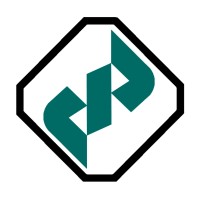
PDS Gaming
Since 1991, PDS Gaming has provided customized financing solutions for the gaming industry, including equipment leasing, project and corporate financing, and manufacturing vendor finance programs. Our flexible financing options range from month-to-month to long-term agreements, including revenue participation, flat fee, and whole-floor solutions. We finance a wide range of equipment, including casino slots, systems, technology, facilities, signage, kitchen equipment, and more. With gaming licenses in major U.S. and Native American jurisdictions, PDS is uniquely positioned to deliver creative financial solutions to gaming companies of all sizes. Contact us today to learn more about how our financing solutions can support your gaming business.






